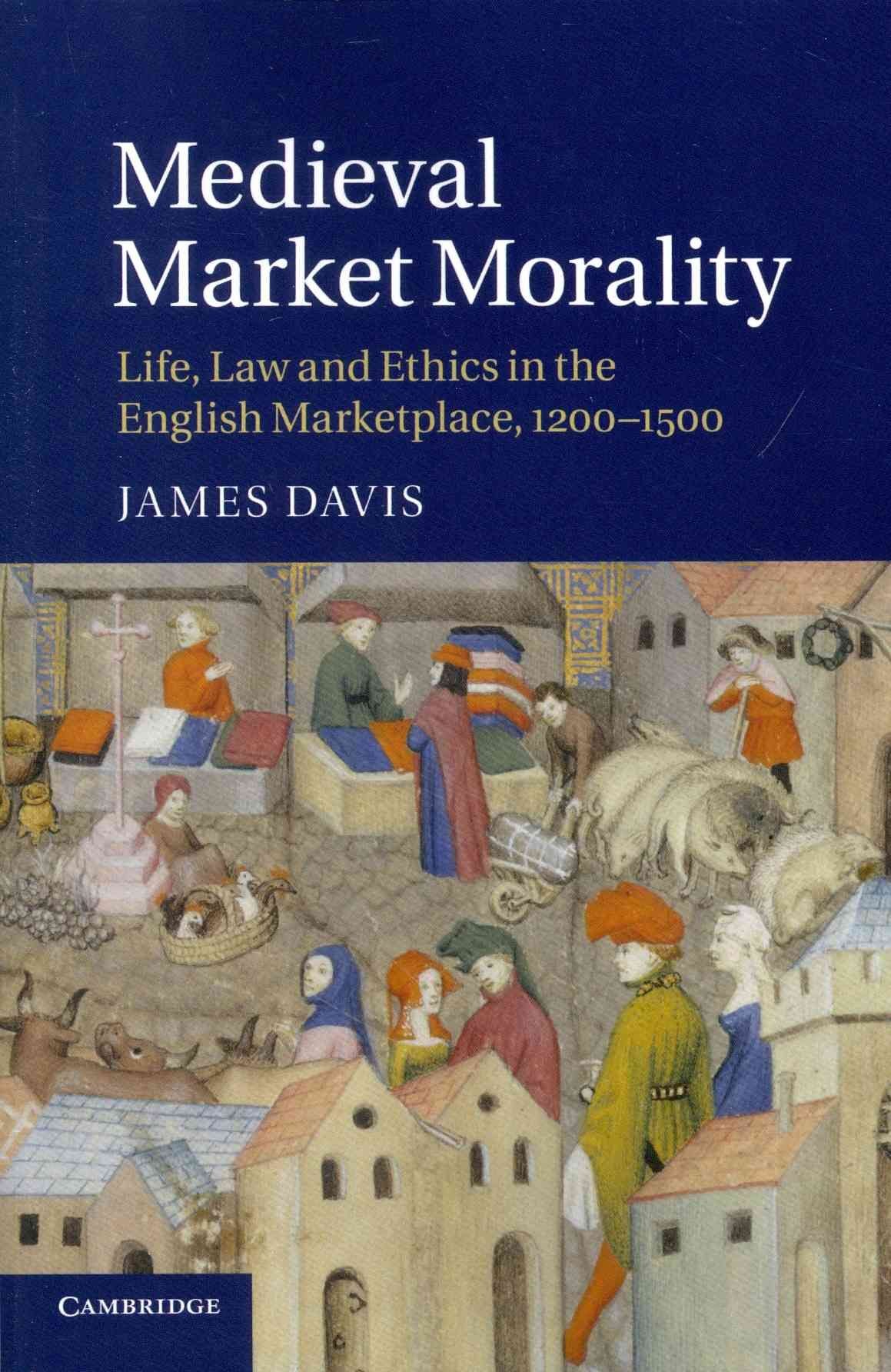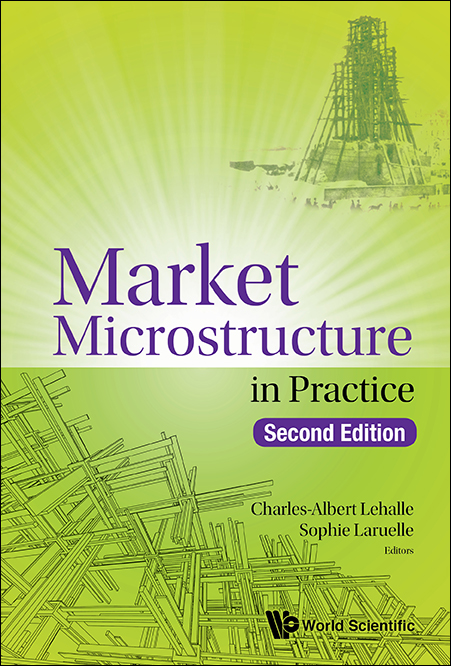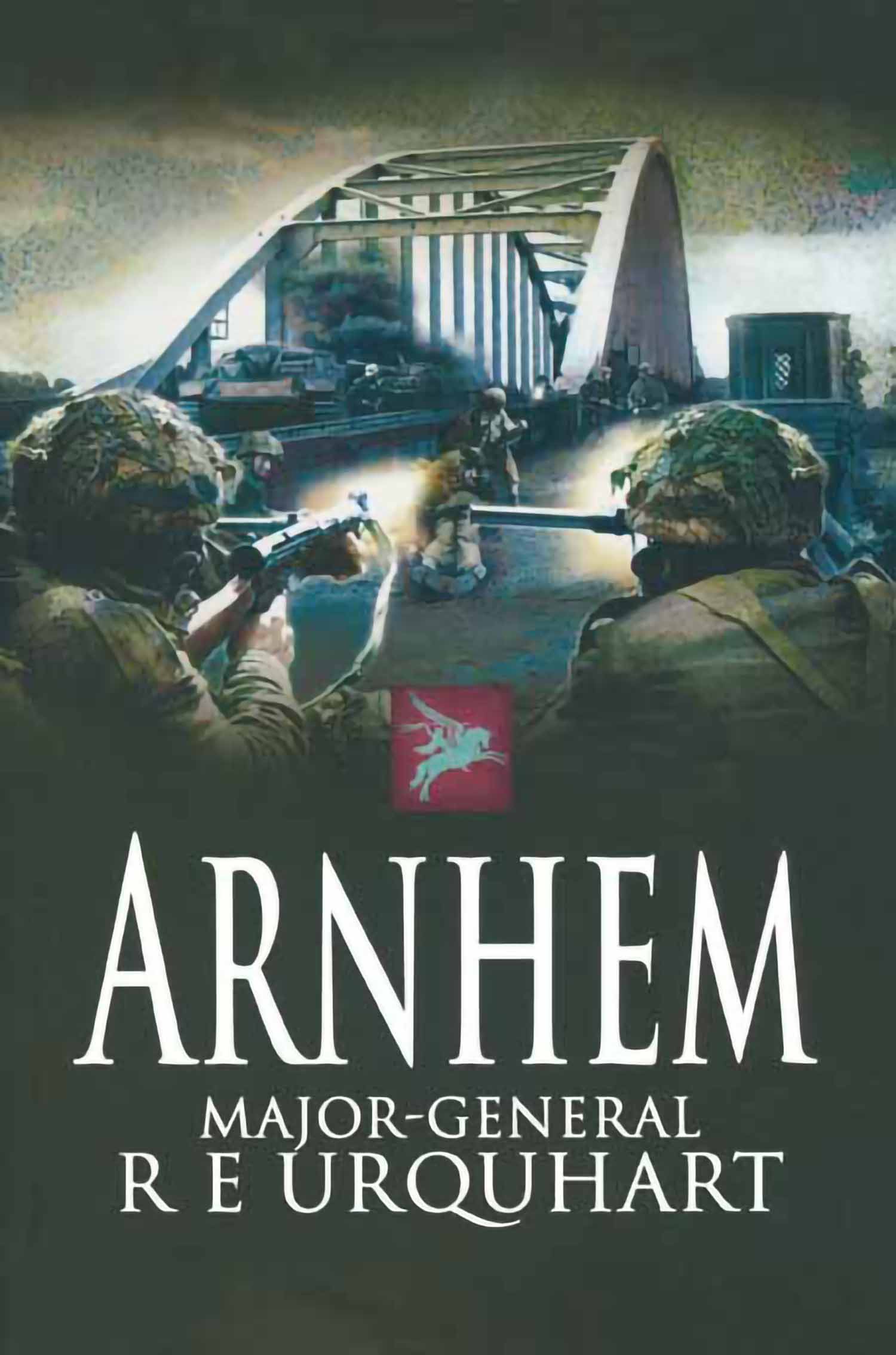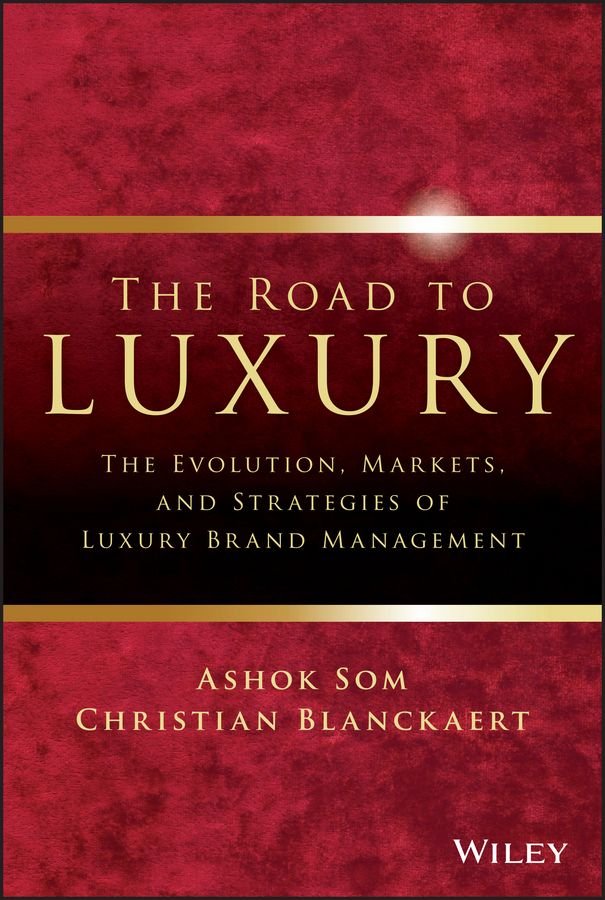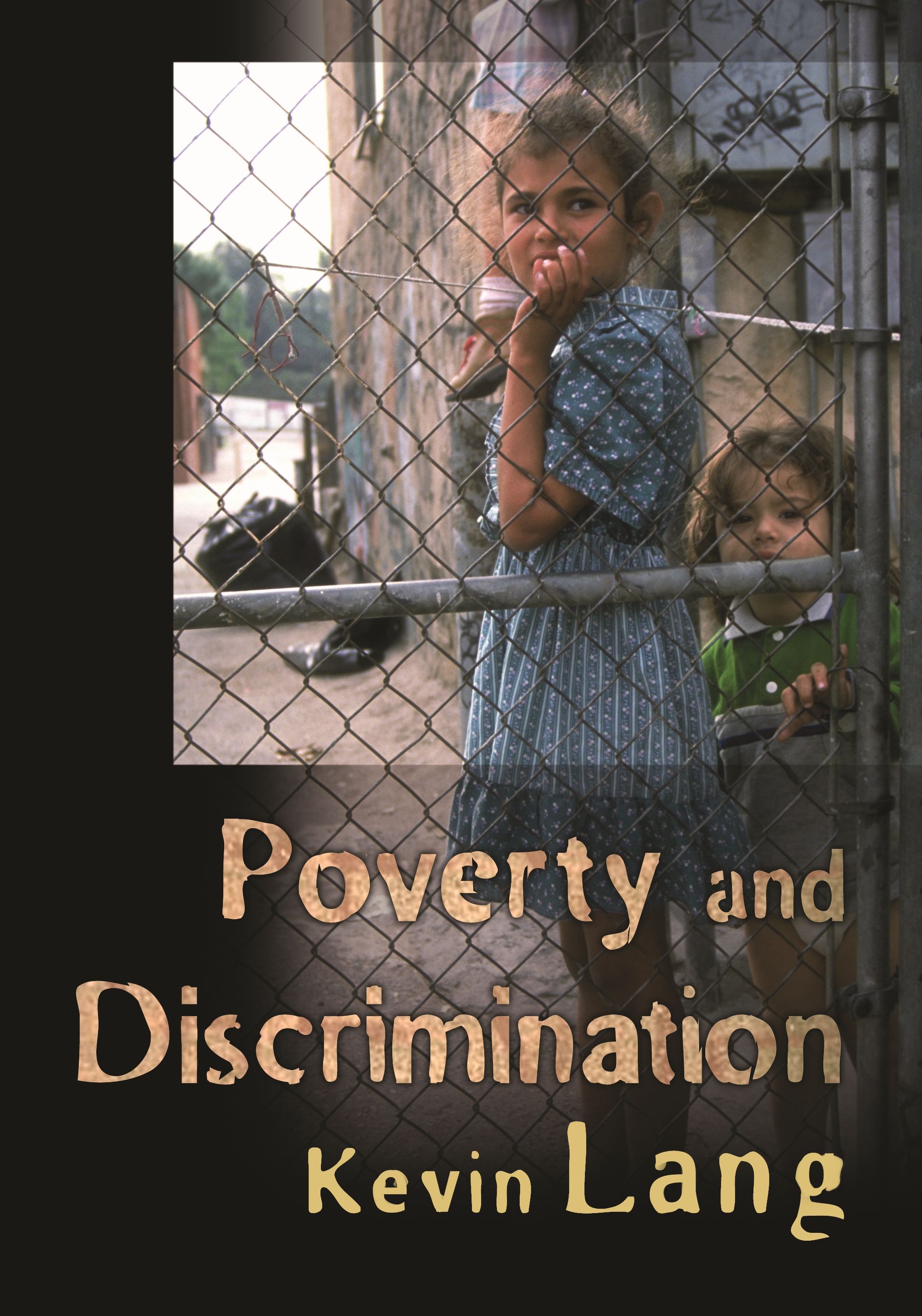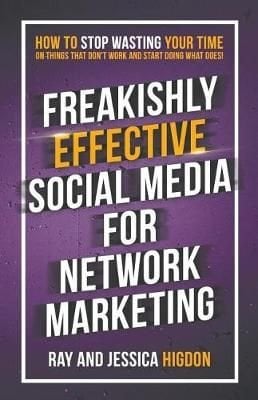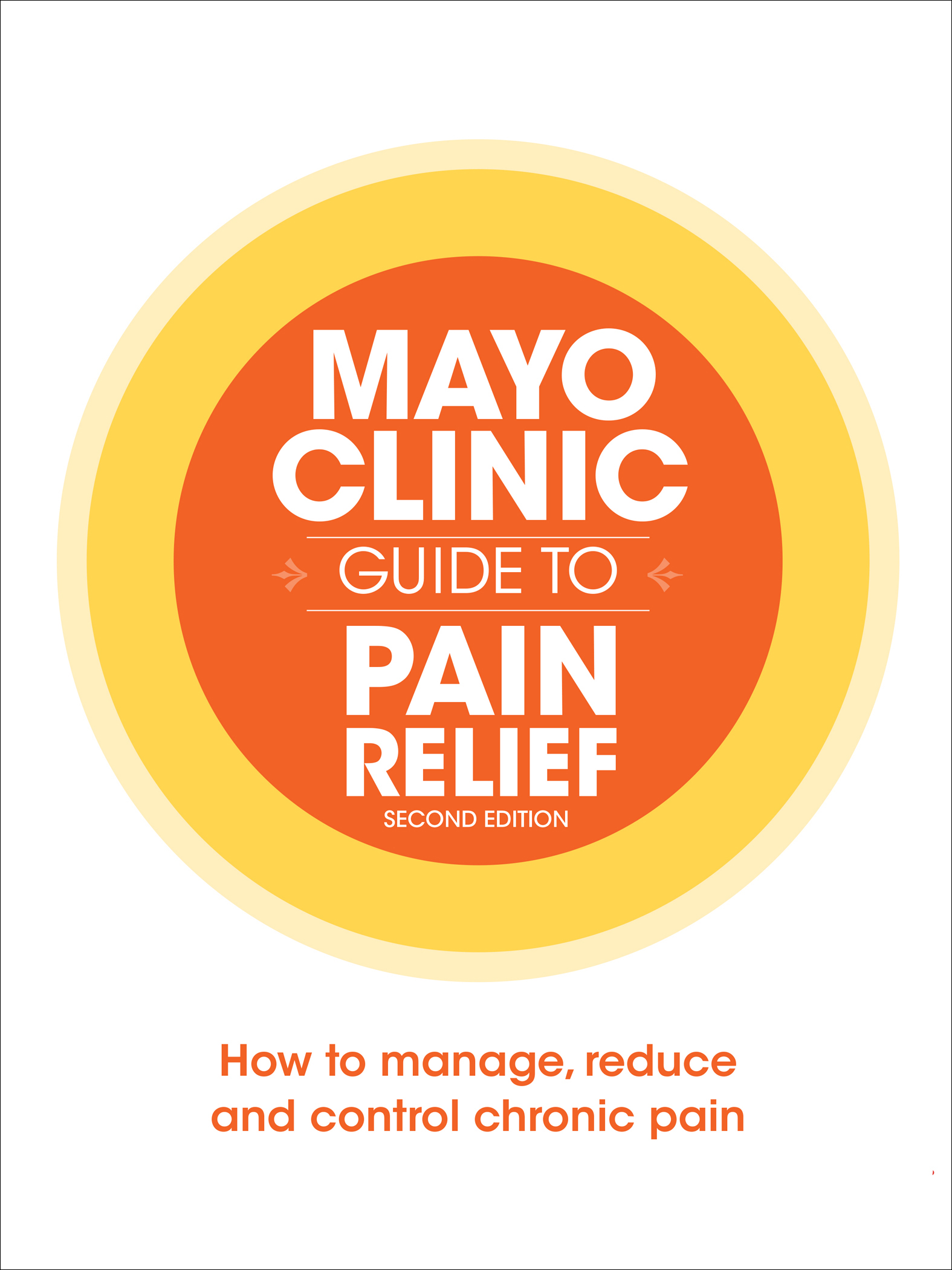The fifteenth-century poem London Lickpenny provides a vivid portrait of a town’s streets, brimming with the vibrant noises and sights of market life. Within the marketplaces of medieval London swarmed a multitude of hawkers, pedlars, cooks and stallholders, all crying their wares and pestering potential customers: Then went I forth by London stone, Throughout all Canwyle streete; Candlewick Street Drapers mutch cloth me offred anone.’ Then comes me one, cryed, ‘Hot shepes feete!’ One cryde, ‘Makerell!’; ‘Ryshes grene!’ another gan greete Rushes One bad me by a hood to cover my head -But for want of mony I myght not be sped.1 The poem portrays a young man from the country who is bewildered by the cacophony of sounds, but is perhaps also seduced by the contrasting sights and smells of a commercial world in which money is the prime motivational force. The writer emphasises the variety of goods on sale, as well as the belligerent persistence of the vendors. However, a distasteful undercurrent is implied. Ahood lost by the young man is later spotted by him on a stall, being sold amidst other stolen goods–
